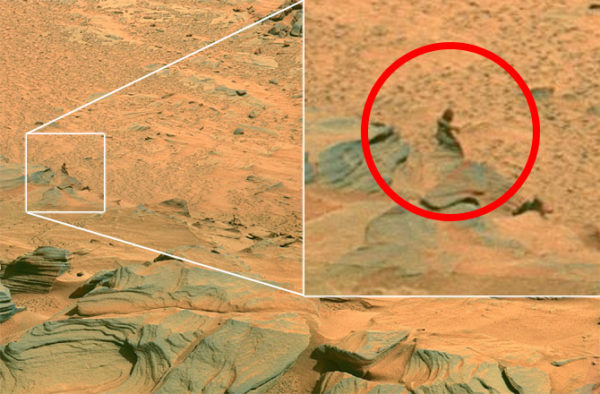The Dhaka Times Desk There is no end to the research on how life came to exist on earth. Scientists now say that life on Earth came from Mars.

The online news media said that the pulse of life on earth does not originate in this world. Instead, hundreds of millions of years ago, life arrived here from Mars on a rock floating in space - this is what scientists have claimed at a scientific meeting held in Florence, Italy.
Based on the results of a new study, scientists claim that at the beginning of the creation of the Earth, its climate was not favorable for the origin of life. But at that time the climate of Mars was suitable for it. Therefore, they have established this theory about the arrival of life on earth from Mars. Even before this, many have presented the theory of life coming from Mars to Earth. The new presentation of this theory at the Florence Congress is thought to have fueled the debate.
It is said in the news, how the combination of three types of molecules - ribonucleic acid (RNN), deoxyribonucleic acid (DNA) and protein - which are essential for the creation of life, first happened, has always been a surprise to scientists. They said that the presence of two minerals called boron and molybdenum was necessary for the combination of these three. But there was not enough boron in the world at that time. And the chemical composition of molybdenum here was not suitable for the creation of life. The reason behind all this is that there was not enough oxygen in the earth's atmosphere at that time. On the other hand, the climate of Mars was drier than that of Earth. Oxygen was also high in the atmosphere there. Boron and molybdenum were abundant in this more favorable Martian environment. Based on various data, after determining the environmental differences of these two planets three million years ago, scientists firmly believe that life did not develop on Mars, but on Mars. However, many say that such research by scientists will further fuel the discussion and criticism about the existence of life in the past. Source: BBC.


